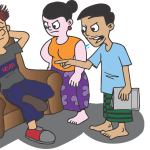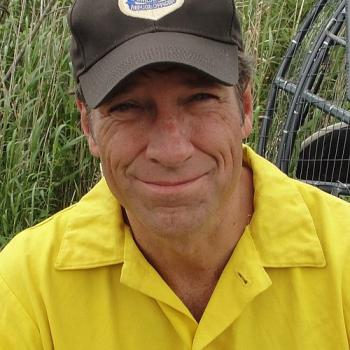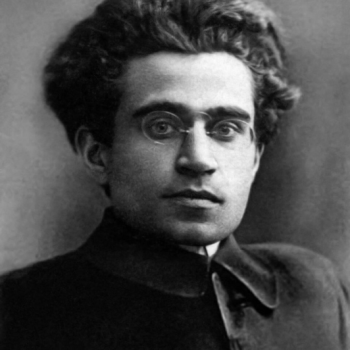In order to get a teaching certificate, would-be teachers in the public or most private systems must take a series of required courses from the Department of Education in their colleges or universities. Those courses, in turn, are, for the most part, prescribed by the state Department of Public Instruction.
Daniel Buck tells of his experience with Departments of Education while pursuing a Master’s Degree in that subject at the University of Wisconsin-Madison. He then tells about a study of teacher-training programs in all of the public universities of the Badger state.
He found that all of the 14 teacher training programs in the state require courses in race theory, gender studies, LGBTQ issues, and Marxist-infused “critical pedagogy.” There are also what he calls “kitschy activities” such as watching movies, making expressive arts and crafts, and sharing personal feelings. But there are hardly any courses in how to teach.
His article, Education Schools Have Long Been Mediocre. Now They’re Woke Too, is published in the Wall Street Journal, which is behind a paywall, but here is the opening:
I studied for a master’s degree in education at the University of Wisconsin-Madison in 2015. My program was batty. We made Black Lives Matter friendship bracelets. We passed around a popsicle stick to designate whose turn it was to talk while professors compelled us to discuss our life’s traumas. We read poems through the “lenses” of Marxism and critical race theory in preparation for our students doing the same. Our final projects were acrostic poems or ironic rap videos.
At the time, I figured my experience was unique. Surely, I thought, other teacher-prep programs focused on human cognition, behavioral management, child psychology and other educational practicalities. Alas, my program was mild compared with what current graduates must suffer.
The Wisconsin Institute for Law and Liberty has reviewed the required coursework for 14 programs for teachers-to-be in the Badger State. These programs produce about 80% of all teaching graduates in the state each year. What they found was shocking. Worldview building and ideological manipulation take precedence over teacher preparation.
On the syllabi, noticeably lacking are academic literature or manuals of classroom instruction. Instead, Hollywood movies like “Freedom Writers,” popular books like Jonathan Kozol’s “Letters to a Young Teacher,” and propaganda like “Anti-Racist Baby” abound. In place of academic essays, graduate students write personal poems or collect photographs. These kitschy activities infantilize what ought to be a rigorous pursuit of professional competency.
Buck cites another study that found that only 22% of schools of education teach the “science of reading”–that is, teaching reading by phonics, as we blogged about.
The report he references, a study of the syllabi of all required education in the state’s public universities, is entitled From the Top: The Impact of College-Level Indoctrination on K-12 Education. These turn out 80% of the state’s teachers. Who, apparently, are getting little help in preparing for what they are going to have to do in actual classrooms. Some figure it out for themselves and perform well. But nearly 10% quit after only one year, and nearly 50% quit within five years.
Comments Buck,
Students are the obvious losers. But teachers suffer, too. It’s almost a rite of passage that every teacher must go through hell his first year. Partly this is a function of getting used to the job, but it’s also a reflection of how ill-prepared they are by their training to stand in front of a classroom full of students.
To be sure, there are lots of good teachers out there, despite how they may have been trained, teachers who do not indoctrinate or corrupt their students, but rather teach them the knowledge and skills that they need to know. They deserve our honor and support. I have come to appreciate greatly the teachers I have come to know in our classical schools. And some colleges and universities–I think of Hillsdale, Patrick Henry College, and other Christian colleges–have teacher training programs that do what they are supposed to do. But there is a reason why we have a crisis in education today, and it starts in the universities.
HT: Jackie Veith
Photo via pxhere, CC0, public domain













